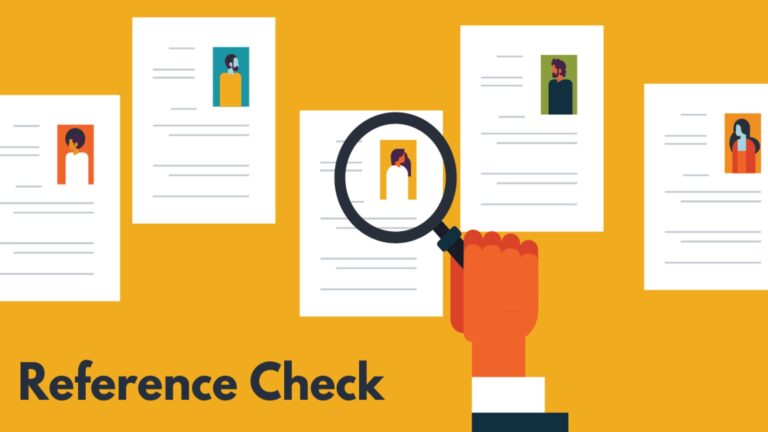Pension is a legal right of employees, not “an act of charity,” the Calcutta High Court told the Hooghly Chinsurah municipality.
The topic was brought up in the Calcutta High Court in response to a petition filed by a Group D staff member of the Hooghly Chinsurah municipality. The petitioner retired on November 30, 2023, drawing a last monthly salary of around Rs 40,000. However, she did not receive her pension and other promised benefits following her retirement.
The petitioner was one of the 148 employees who were hired in 1991-92 as coolies, domes, methors, trailormen, and jharuyalis, the positions that were later combined into the role of ‘conservancy worker.’ Treated as permanent employees, all of the workers in this group were entitled to a monthly pension.
In response to the petition, the Hooghly Chinsurah municipality cited technological issues as the reason behind the delay. In 2021, the civil body had adopted an e-pension portal, using data from an integrated online salary management system called the Urban Local Bodies Human Resource Management System.
The municipality stated that the data of the employees, including the petitioner, was missing from the e-portal. The Directorate of Local Bodies stated in the court that the municipality had not provided complete details of all Group D employees, resulting in the non-release of their pension and other benefits.
“Pension and other retiral benefits, once earned by an employee after rendering long and continuous service, ought not to be delayed even by a single day. Delay in such cases causes undue hardship to the retired employees who depend on these dues for their sustenance,” Justice Gaurang Kanth stated in response to the situation.
The Calcutta High Court has directed the Hooghly Chinsurah municipality to submit all the necessary documents to the Directorate of Local Bodies within a week. Following this, the directorate must redesignate the employees from Group D. Justice Kanth added that any unnecessary delay in pension disbursement, especially due to technological or administrative errors, “is impermissible and contrary to the principles of equity, justice, and good governance.”






